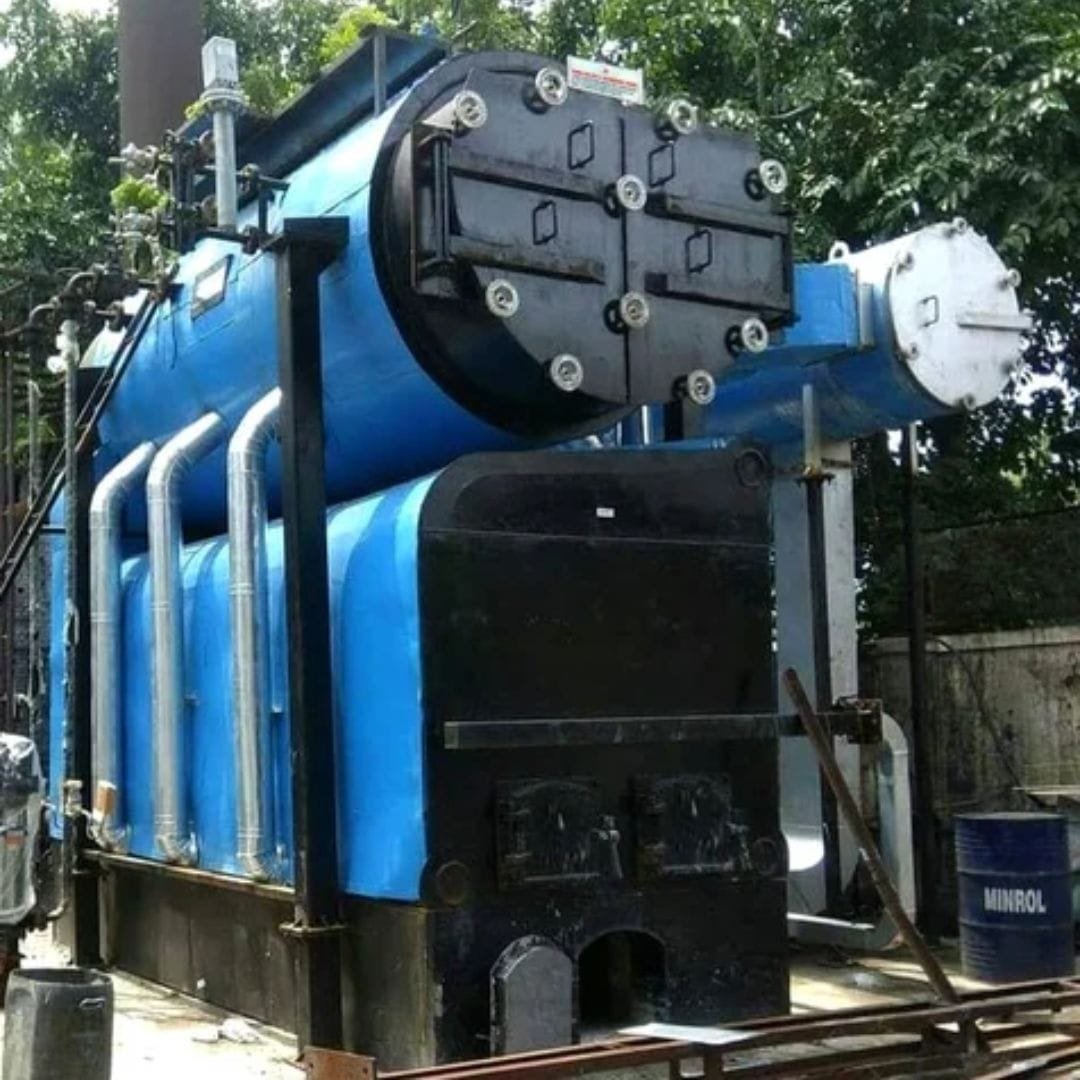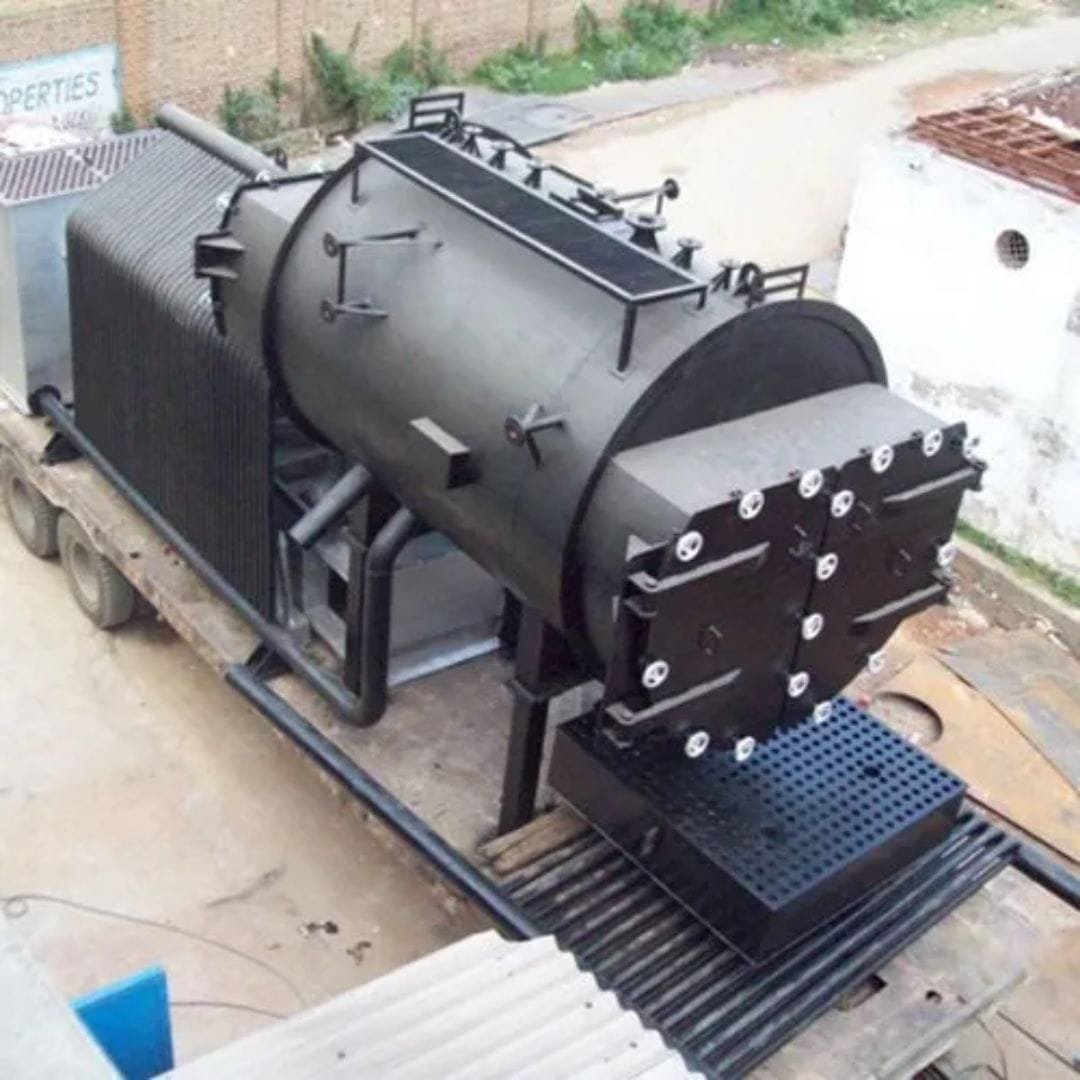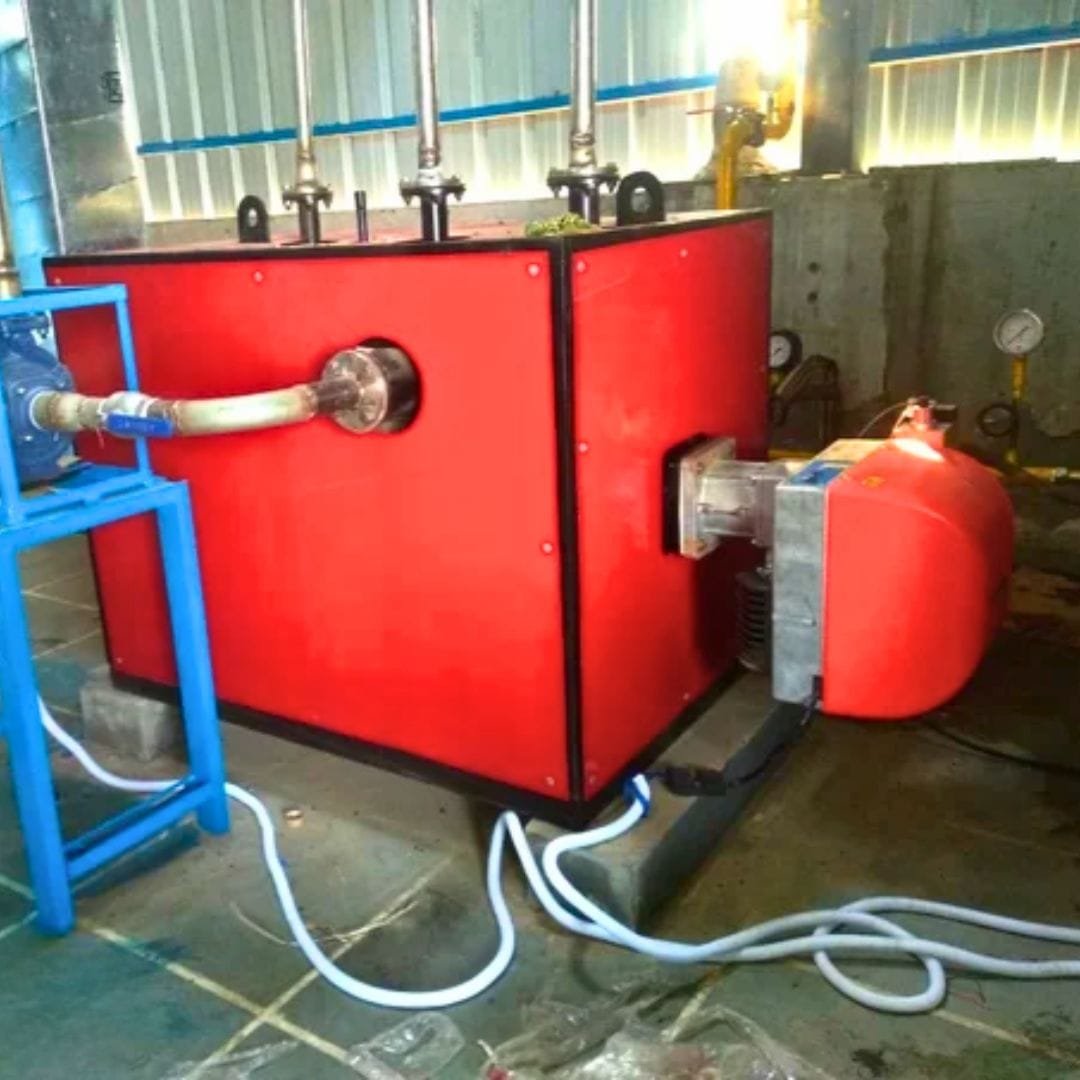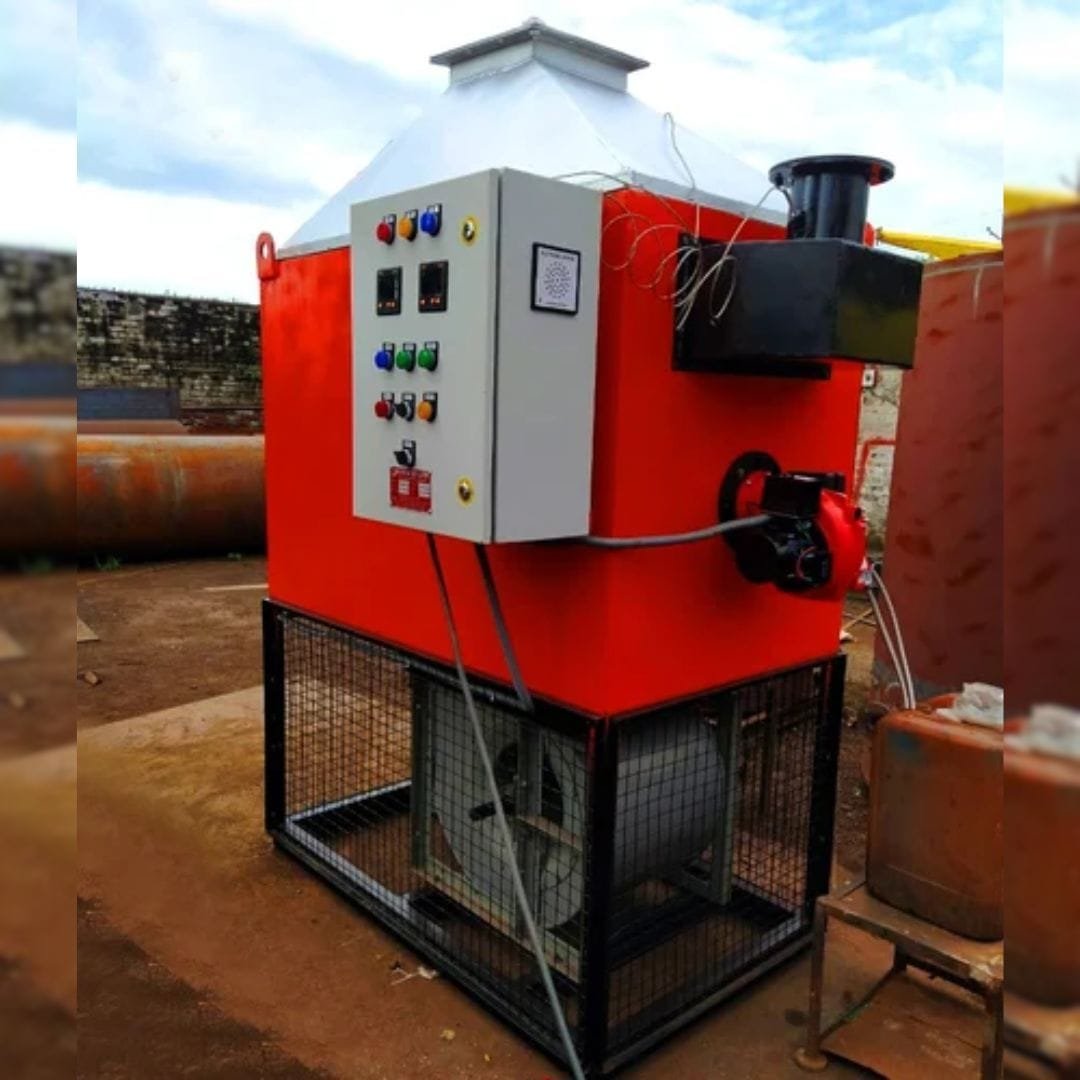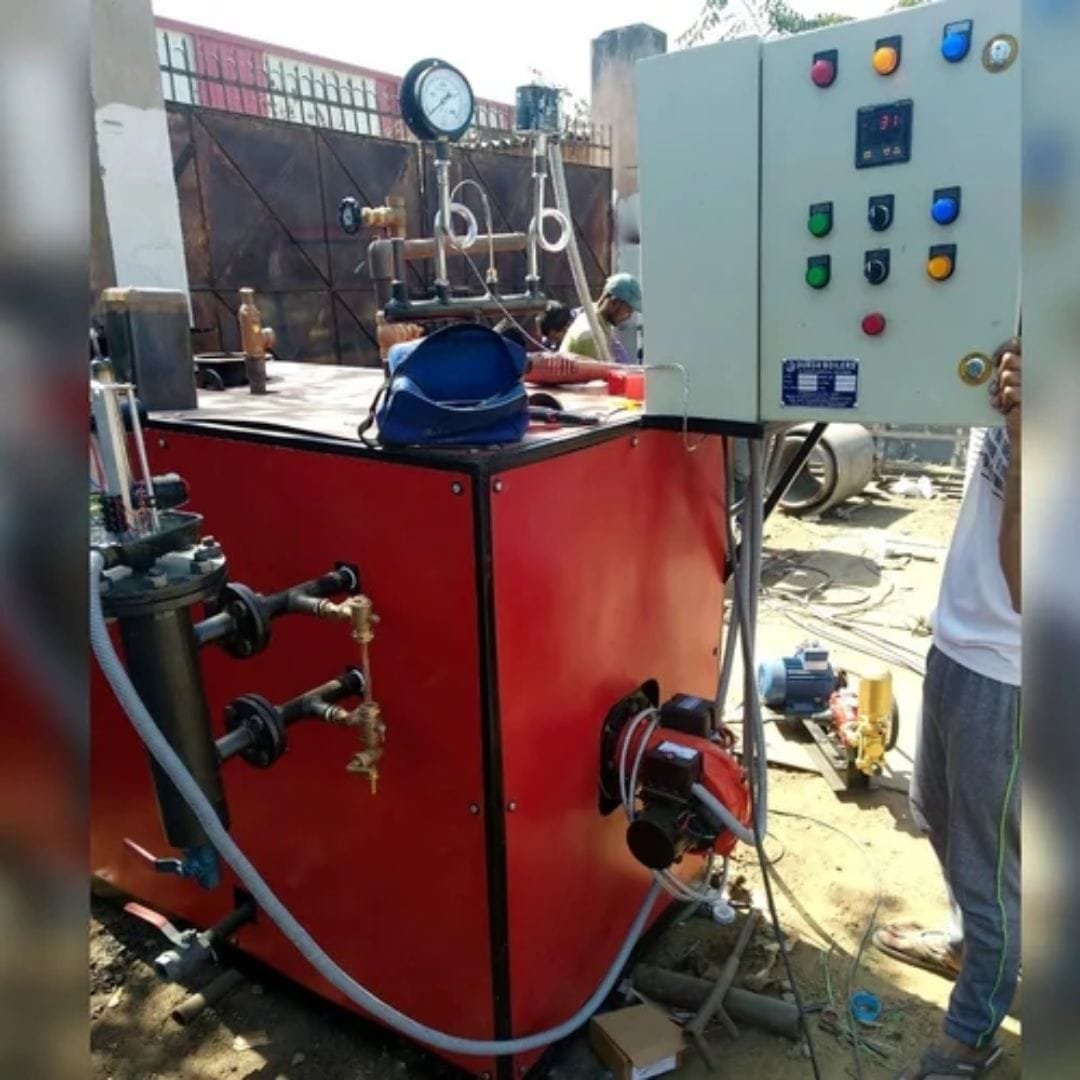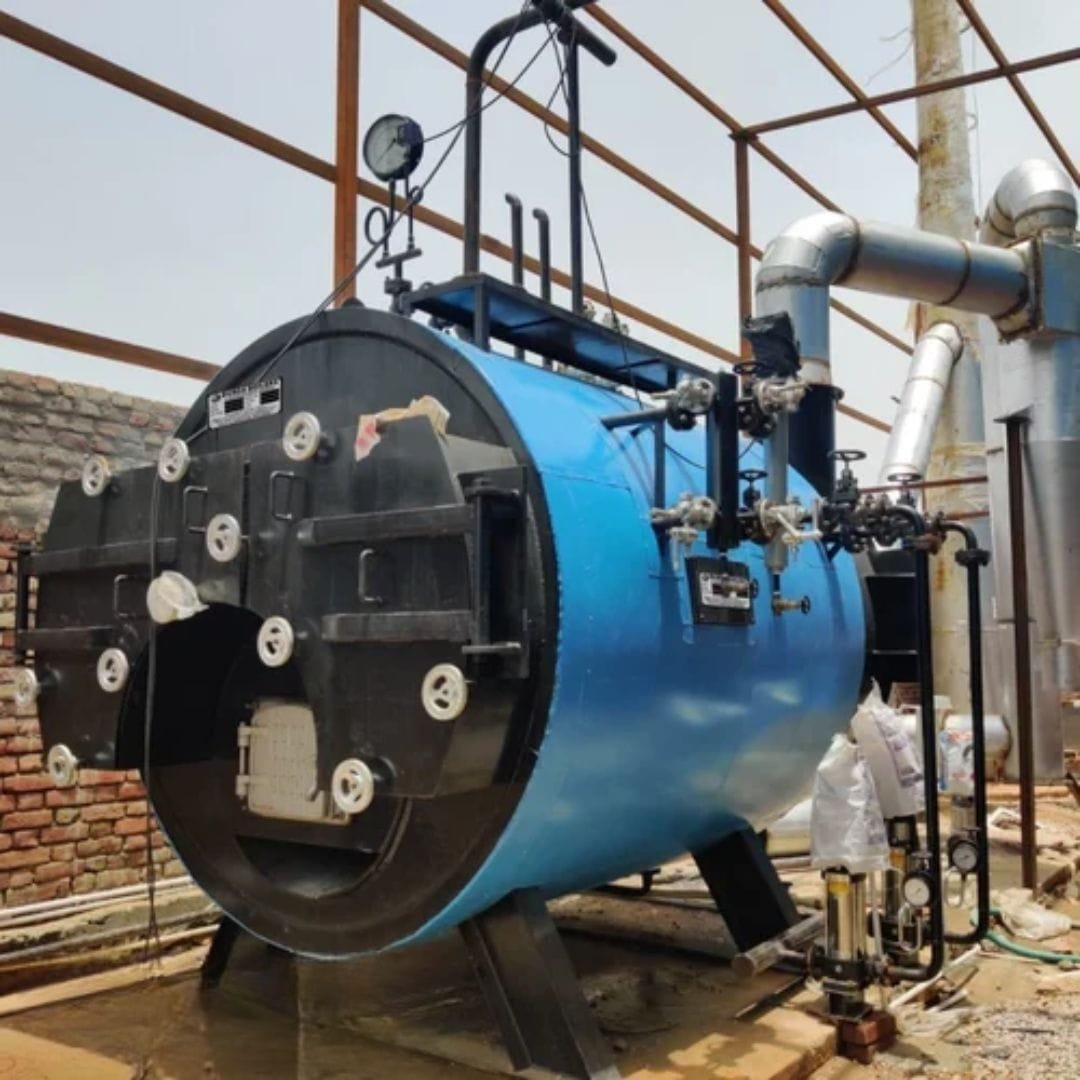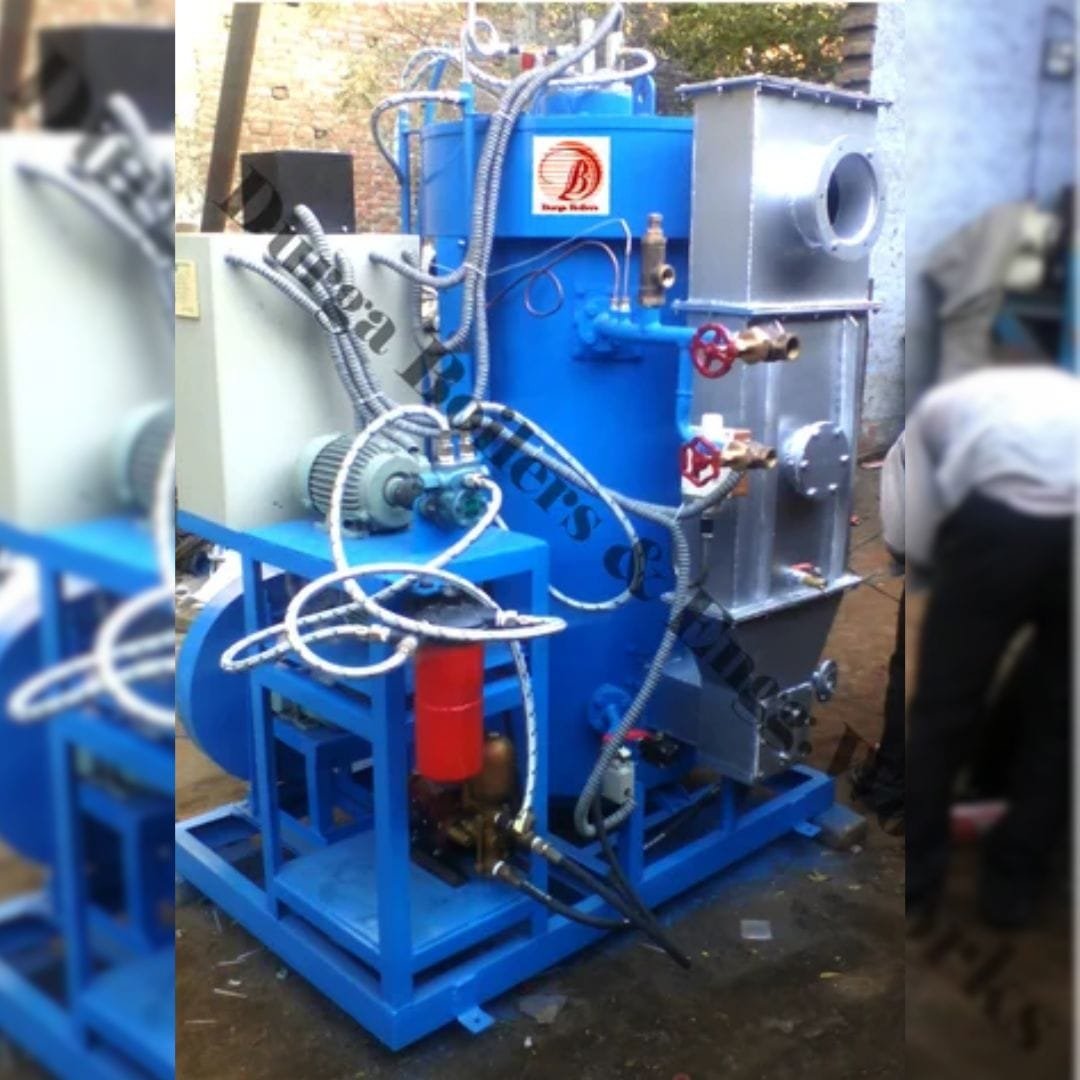Welcome to the Durga Boiler & Engineering Works blog. Today, we’ll discuss a very important topic: what’s the difference between a steam boiler and a steam generator?
If you’re involved in the industrial sector, you’ve likely heard these two terms. People often mistake them for the same thing, but technically, there are some important differences. In this blog, we’ll explain the key differences between the two in simple terms.
Also Read : Superheater in Boiler – A Complete Guide to Choosing the Right Steam Superheater
What is a Steam Boiler?
A steam boiler is a device that produces steam by heating water. It’s a large, sturdy, and stable container. Fuel (such as coal, gas, or oil) is used to heat water in a boiler, producing high-pressure and temperature steam.
This steam is used in many industrial processes, such as power generation, heating, and other manufacturing operations. Boilers are typically designed to supply large quantities of steam continuously.
Key Features of a Steam Boiler
A steam boiler can run continuously for long periods of time and generate large quantities of steam. It is used in large industries, textile factories, and power generation plants.
What is a Steam Generator?
A steam generator also produces steam, but its design and functionality differ slightly from those of a boiler.
It is a compact and fast-acting device. Its main purpose is to generate steam quickly and as needed.
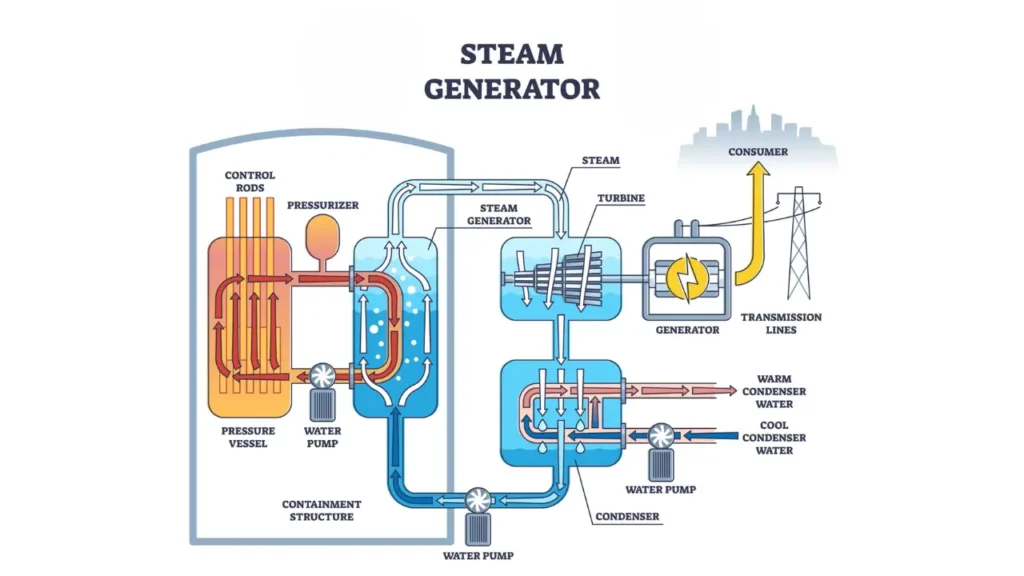
A steam generator consists of coils or tubes that heat water, turning it into steam instantly. It is ideal for places where steam is needed in small quantities and immediately, such as laundries, food processing, and small factories.
Key Features of a Steam Generator
A steam generator takes up less space and is also low cost. It can be started and stopped quickly and consumes less fuel.
Difference Between Steam Boiler and Steam Generator
You can easily understand the difference between a steam boiler and a steam generator through the following points:
- Design and Size: Steam boilers are larger and heavier, while steam generators are smaller and lighter.
- Pressure and Temperature: Steam boilers operate at higher pressures and temperatures, while steam generators operate at lower or medium pressures.
- Startup Time: Steam boilers take longer to start, but steam generators start immediately and begin producing steam.
- Fuel Consumption: Steam boilers consume more fuel, while steam generators operate with less fuel.
- Use: Steam boilers are used in large factories, power plants, and heavy industries, while steam generators are used in small industries, hospitals, and laboratories.
Key Differences Between Steam Boiler vs. Steam Generator
Let’s look at the key differences between the two in a table to make it easier for you to understand:
| Feature | Steam Boiler | Steam Generator |
| Structure | Large, heavy, and complex structure. It has a large water drum. | Compact and lightweight. It has heating tubes or coils. |
| Steam Production | Produces steam slowly and continuously. | Produces steam very quickly and on-demand. |
| Pressure | Typically operates at high pressure. | Operates at low to medium pressure. |
| Usage | Used in large industries, power plants, and big factories. | Used in laundries, small factories, and food processing units. |
| Safety | Requires strict adherence to safety regulations due to the large volume of water. | Lower safety risks as it holds a smaller volume of water. |
| Cost | Higher installation and maintenance costs. | Lower installation and maintenance costs. |
Conclusion
In short, a steam boiler is for large, stable industries that require continuous and large quantities of steam, while a steam generator is for small or medium-sized industries that require steam quickly and as needed.
Both devices are important in their own right. If you want to choose the right equipment for your needs, contact our team. At Durga Boiler & Engineering Works, we are always ready to provide you with the right advice and high-quality products.





